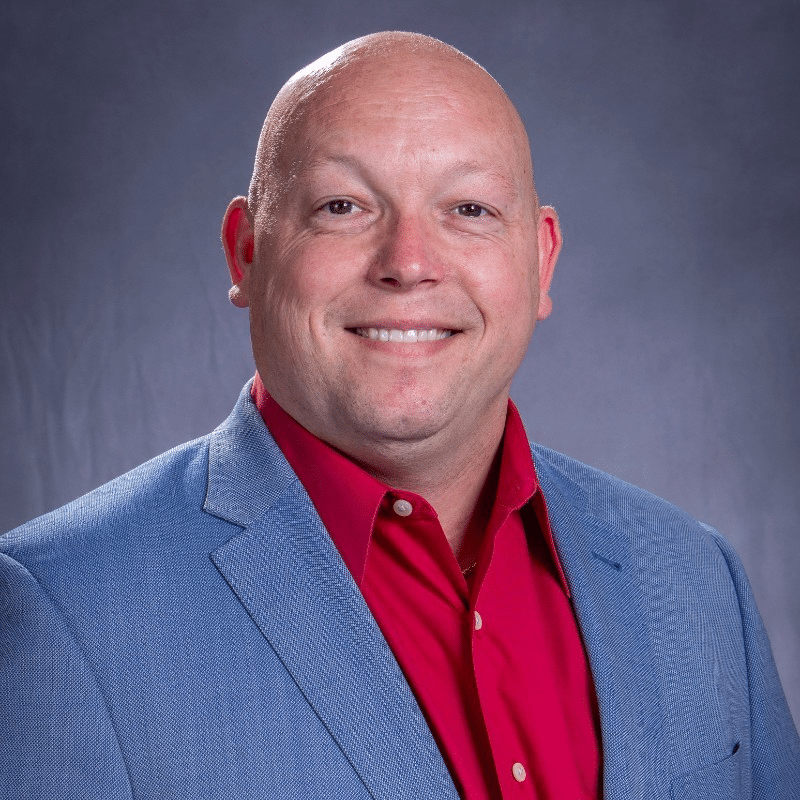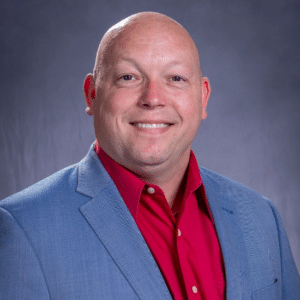Part 5: From the Dugout to the Dock: What Baseball Taught Me About Building Great Teams
It was a sunny Saturday morning, and my daughter McKenna, barely taller than the bat she swung, was playing third base during her first tee-ball game. Instead of watching the pitch, she was twirling, chasing a dandelion puff across the grass. Crack, the ball was hit right to her, but she was oblivious, and it went right past her, but not far enough to get to the left fielder. The parents roared with laughter, her teammates cheered her to get the ball, and I couldn’t help but grin. “Get the ball, Kenna”, I cried. When the next play came, McKenna snapped back, glove up, ready to try again. That moment stuck with me. She didn’t need a lecture; she needed a coach who saw her effort, not just her mistake. Years later, I saw that same spark in a new warehouse picker who kept misreading tickets but showed up early, eager to learn. Patience turned McKenna into a fierce softball player through her teenage years and later a spirited cheerleader, rallying the high school football team with amazing chants from the sidelines. It turned that picker into a team lead.
Coaching my kids, McKenna, Matthew, Carson, Allison, and Molly, taught me that great teams, on the field or the warehouse floor, start with purpose. In logistics, purpose is the heartbeat of every shift, every pallet, and every delivery.
The Big Idea: Purpose Builds Teams That Last
This series has been about leading with heart: teaching like a mentor (Part 1), consulting like a coach (Part 2), serving with faith (Part 3), and guiding through technology (Part 4). It all comes down to one truth: great teams are built on purpose. When you lead with respect, back each other up, and focus on people over metrics, you don’t just hit KPIs, you create a legacy of trust, resilience, and growth that outlives any season or shipment.
Coaching my sons and daughters taught me how. From Mckenna’s tee-ball twirls to her high school cheers, from Carson’s journey from tee-ball to our summers in an adult softball league, from Matthew’s baseball seasons to Allison’s softball years, and Molly’s time in softball before shining in college volleyball, the dugout taught me lessons that shaped my leadership in logistics. The dock is just another field, where people show up with fears, hopes, and potential, needing a leader who fosters teamwork and respect.
Fundamentals Win Games and Warehouses
My coaching philosophy was simple: back each other up and treat everyone with respect. My players weren’t headed to the MLB, and that was fine. I wanted them to learn life lessons, teamwork, accountability, and being a good person on and off the field. We drilled fundamentals: catch cleanly, throw straight, swing level. I’d tell Matthew’s baseball team, Allison’s softball squad, or Molly’s early softball crew, “Nail the basics, and the wins will come.” It wasn’t about fancy plays; it was about showing up every practice, building confidence through repetition, and cheering every solid hit.
The warehouse runs the same way. Fundamentals, clear processes, consistent expectations, small wins, and build great operations. When an SAP update crashed our system mid-shift, we didn’t scramble for a quick fix. We fell back on basics: manual tickets, clear roles, and constant communication. By day’s end, every order was shipped. The team didn’t need a high-tech solution; they needed a leader who trusted them to execute the fundamentals.
Communication Turns Players Into a Team
When I coached Carson from age four through high school, I saw how communication binds a team. One season, his team had talent but no cohesion. Fly balls dropped because no one called them. Runners collided over missed signals. So, we made it clear: “Talk to each other. Call it. Back each other up.” We practiced shouting “I got it!” until it was instinct. By the next game, the chatter was constant, and errors vanished.
In the warehouse, communication is just as critical. During a voice-picking rollout in our soda distribution center, an “us vs. them” mentality fueled resistance. We hadn’t included the team early, and a few vocal skeptics soured the culture. So, we started huddles, letting pickers like Maria test the system and share how it eased their work. Clear communication turned resentment into buy-in. Productivity soared, errors dropped, and the team felt like a team again.
Showing Up Builds Trust
Coaching my kids taught me the power of showing up not just at games, but for the quiet moments. When McKenna traded her glove for pom-poms, she brought the same energy to the sidelines, lifting the football team with chants that echoed across the field. I didn’t just coach her swing, I cheered her passion. That encouragement helped her shine in a new role.
That lesson shaped my warehouse leadership. When a new hire struggled with a voice-picking system, I didn’t hand him a manual. I walked the floor, listened to his frustrations, and showed him how the tech could help. Months later, he was training others. Trust comes from presence, not policies. And when Carson and I played together in an adult softball league during his college summers, I saw it again: showing up, win or lose, built a bond that carried us through every game.
Purpose: Creates a Legacy
My faith, my Marine days, and coaching my kids all point to one truth: leadership is about serving others so they can grow. In the dugout, I wasn’t just teaching my kids to hit a ball; I was helping them become people who lift others up. In the warehouse, I’m not just moving product, I’m building teams that move mountains.
I think of Javier, a forklift driver who started as a quiet temp. He reminded me of a shy kid on Carson’s team, always hanging back during drills. I gave Javier time, encouragement, and a chance to shine, just like that kid. Today, Javier is a supervisor, leading with the same respect I showed him. And when a former player or their parent stops me to say, “Hey, Coach, how are you?” it’s a reminder: purpose-driven leadership leaves a mark not just on scoreboards or shipping logs, but on lives.
What Building Great Teams Looks Like
Here’s what the dugout taught me about leading on the dock:
- Drill the fundamentals. Clear processes, consistent expectations, and small wins build confidence and results.
- Communicate clearly. Ensure everyone knows their role and feels safe to speak up.
- Show up every day. Be there for the struggles and the victories, building trust through presence.
- Lead with purpose. Make your team part of something bigger than a game or a shift.
The Takeaway: Purpose Is Your Legacy
From the dugout to the dock, great teams start with purpose. Automation can move pallets faster, AI can predict demand, but only a leader can inspire a team to show up, work together, and grow. When you lead with heart, teaching, coaching, and serving, you don’t just build a warehouse that hits KPIs. You build a legacy of trust, resilience, and people who carry your lessons forward.
The game doesn’t end when the shift is over. It lives on in every person you’ve lifted up, every team you’ve shaped, and every purpose you’ve shared. That’s what makes a leader and a team great.
With over 25 years of leadership in supply chain, logistics and global distribution strategy, Will Quinn is a recognized authority in warehousing and distribution operations. A U.S. Marine Corps veteran, he spent 12 years mastering discipline, adaptability and leadership — qualities that have fueled his success in managing high-impact distribution networks for companies like Grainger, Coca-Cola, MSC Industrial Supply, WEG Electric and Cintas. As a former global distribution strategist at Infor, he spent four years helping businesses bridge the gap between cutting-edge technology and real-world distribution challenges. Will holds a Master of Science in Supply Chain Management from Elmhurst University.


